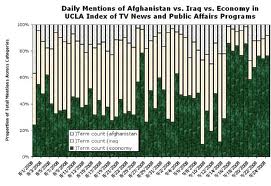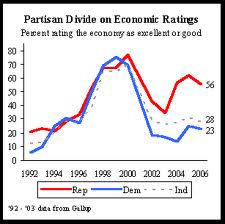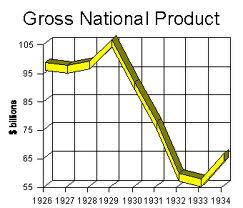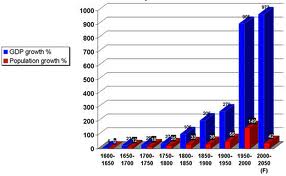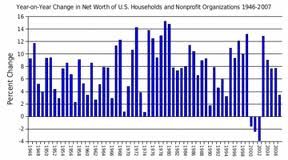 So this homework to be done country by country is going to be very important so every single country should keep his house tidy and clean and then international orgranizations, they are important tools but they are not a substitute for the homework to be done in every single country.
So this homework to be done country by country is going to be very important so every single country should keep his house tidy and clean and then international orgranizations, they are important tools but they are not a substitute for the homework to be done in every single country.
A more coordinated action is absolutely necessary in the Euro Zone. We hope that the fiscal compact, we hope that this works and it is absolutely necessary to implement this in the Euro Zone without any slippages. And also G20 I think has a big role also. Probably under utilized but an important role to have a better global coordination of the policies. And it’s very important today, during this year for the countries within G20 not to just follow their own national interest but also think about the global outlook, feel the global responsibility because as Christine said at the very beginning, we are living altogether and if there’s a serious collapse anywhere in the world, it’s going to hurt all of use. Nobody is going to have a better condition because of a collapse, serious collapse elsewhere in the world.
So, specific to Turkey as Martin has asked. We have been very prudent on fiscal side and in 2009 we announced a very prudent tight fiscal policy and medium term fiscal program to even further reduce our deficits and many people had picked on us because they told us “look at Europe, look at everyone else, everyone else is increasing spending and you are doing the reverse”. But it paid off very well. The confidence was built up, growth rate was 9% in 2010, 8% in 2011. We have actually been tightening things to contain the growth to prevent overheating. We have followed quite a different path from the rest of our European neighbours.
Thank you very much and let me turn now last to Asia and start with Japan in Asia and with you Minister Furokawa please.
Thank you very much. Let me start with the landscape of Japanese economy. We have had a relatively stable economic growth rate and low unemployment rate and we are determined to continue to the final stabilization of the Euro Zone. The current government debt crisis in Europe inevitably affects the glob al economy. With this in mind, we expect that Europe makes effort to manage the challenges and endeavours to salvage the fireball to calm down the market.
Japan has been supporting this effort as a major purchaser of EFSF Bonds currently holding 16% of the outstanding issues. Further engagement of the international community is required. Japan will collaborate closely with other countries and relevant parties in supporting Europe’s firm actions. However, I have somewhat of a concern that the crisis may also have a financial effect outside Europe specially on the capital shortage in Asia. Japan will intensely concentrate its effort to save off the capital outflow and proactively commit to Asia’s sustainable growth
The issues we are currently facing are not limited to the debt crisis in the Euro Zone. I would like to point out more common and underlying issues. This year, social collectiveness and trust will be tested all around the world because of a number of destabilizing factors. These factors are low economic growth rates, high unemployment rates and continuous debates in election campaigns. In confronting these challenges, the Japanese government is now working on composing a new growth model that pursues three elements altogether namely, the economic growth, social inclusiveness, and environmental sustainability.
Japan will closely collaborate with the economies of Asia and the OECD countries in this effort. We should pursue this dynamic and inclusive growth because mere economic growth will not resolve the dissatisfaction in the current economic system. As you witnessed, last year occupied Wall Street and a popular uprising in many countries are typical examples. Following this annual reform, I am looking forward to elaborating for further discussion in the international community.
And lastly, I would like to comment about Japan’s fiscal deficit issue. It’s important to note that Japan’s fiscal deficit issues is a pressing issue in terms of its volume. At the same time, it’ also important to note that vast majority of the debt is financed by domestic savings. We don’t think this structure will cause immediate crisis. However, tapping fiscal consolidation is a pressing challenge we cannot leave behind.
Our government has been working on these issues since fiscal year 2010 aiming to have the primary debt to GDP ratio in five years both raising the consumption tax rate in a phase manner and promoting economic growth through implementing the strategy for rebirth of Japan are key components. They are the wheels of the same car.
Thank you very much. I am very glad that you brought in Japan’s fiscal position since we’ve had some very strong positions on this issue of fiscal austerity which a number of people prefer to.
Davos 2012 – Global Economic Outlook Pt 7
economics expert witness


